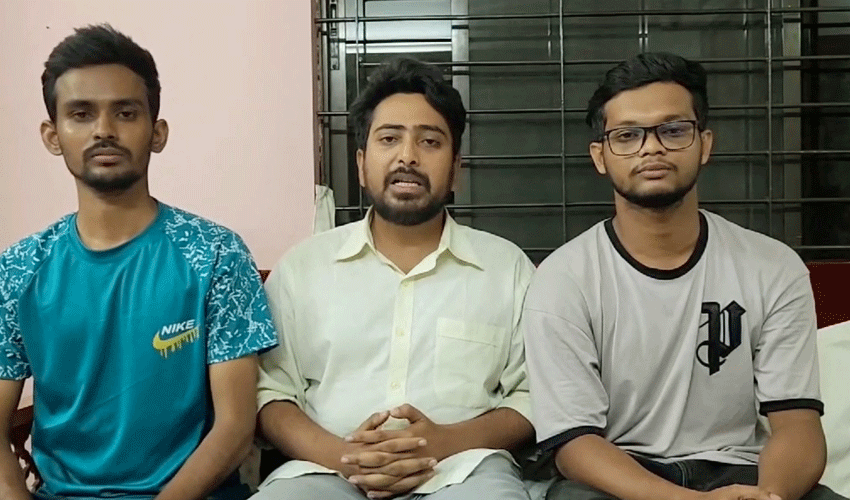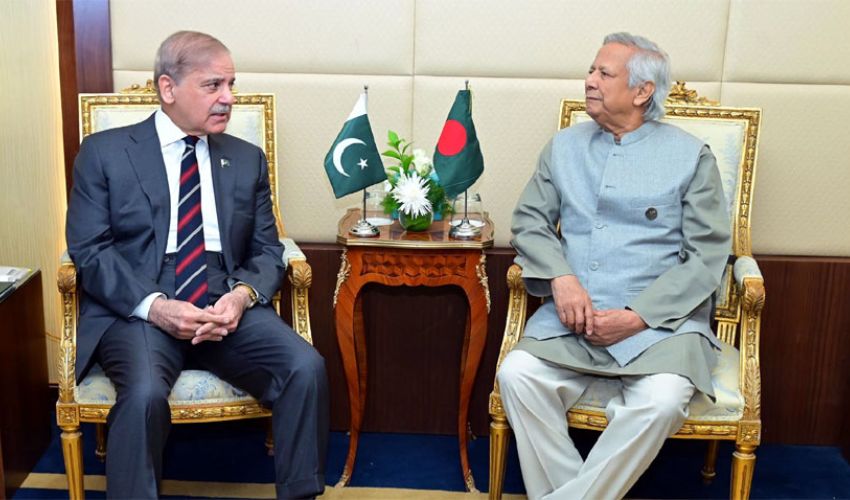A student-led political party is set to be launched in Bangladesh this week, marking a significant shift in the country’s political landscape following last year’s mass protests that led to the ouster of former prime minister Sheikh Hasina.
Sources familiar with the matter told Dawn that the newly-formed party will be spearheaded by the Students Against Discrimination (SAD) group, which played a pivotal role in the demonstrations that forced Hasina to flee to India in August 2024.
The launch is expected to take place at an event on Wednesday, with Nahid Islam, a key student leader and adviser in the interim government, likely to be named the convener, according to two individuals who requested anonymity as they are not authorised to speak to the media.
Islam, who has been instrumental in advocating for student rights under the interim administration led by Nobel laureate Muhammad Yunus, is expected to step down from his role to lead the new political movement.
Neither Islam nor Yunus’ office immediately responded to requests for comment on the development.
Political shake-up
The SAD-led protests initially emerged as a movement against public sector job quotas but quickly transformed into a nationwide uprising. The subsequent unrest resulted in over 1,000 deaths, according to human rights groups.
The United Nations Human Rights Commission (UNHRC) recently accused officials from Hasina’s government and security forces of committing serious human rights violations during the crackdown on protesters. However, Hasina and her party have rejected these allegations.
Yunus, who has been leading the interim government since Hasina’s departure, has stated that general elections could be held by the end of 2025. Analysts suggest that a youth-driven political party could significantly alter Bangladesh’s political dynamics ahead of the elections.
While Yunus has ruled out contesting in the elections, the emergence of a student-led party is expected to challenge the country’s traditional political forces.
Observers note that the political climate in Bangladesh remains volatile, with Hasina’s party still attempting to regroup after her forced exit. Meanwhile, the rise of a new generation of political activists suggests that the country’s power structure may be undergoing a major transformation.



























